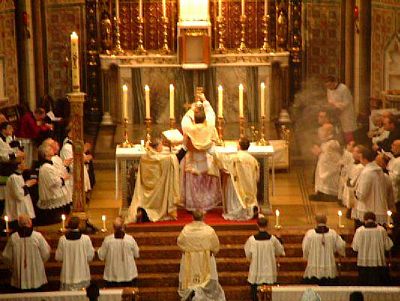 |
| Artwork by Bethany Peek |
I have a Bachelor of Science in Nursing and have been employed as a Registered Nurse for 21 years. I have spent all of that time in areas of nursing that specialize in caring for people with heart disease. I have received advance nursing certifications from The American Association of Critical Care Nurses as a Critical Care Registered Nurse and in Cardiovascular Surgery. I am certified by The American Heart Association in both Basic Life Support and Advance Cardiac Life Support. I say these things that you may understand how intimately I know the human heart. It is obvious to me that the human heart is fearfully and wonderfully made, and my soul knows it very well. (Ps 119:14)
Darwin said, “If it could be demonstrated that any complex organ existed which could not possibly have been formed by numerous, successive slight modifications, my theory would absolutely break down.”1 The human heart is an irreducible complex system that I believe could not have been formed by numerous, successive slight modifications. “Michael Behe defines an irreducible complex system as a single system of several well-matched , interacting parts that contribute to the basic function, wherein the removal of any one of the parts causes the system to effectively cease functioning.”2
The hearts electrical system tells the myocardium when to contract and in what sequence. The hearts valves open and close at specified times to force direction of flow. The four chambers are made by a septum. The myocardium is the motor of the heart and the coronary arteries are the gas line that fuel the motor. If any one of these things are removed the entire system stops functioning. It would be impossible for the heart to have developed overtime because if one system where missing then it could not function and would never have come to be.
In Christ alone,
Mike Peek
___________________________________
1 Francis J. Beckwith, “Darwin, Design and the Public Schools” in To Everyone An Answer: A Case for the Christian Worldview, ed. Francis J. Beckwith, William Lane Craig and J. P. Moreland (Downers Grove: IVP Academic, 2004), 276.
2 Ibid.
3 William A. Dembski, “An InformationTheoretic Design Argument” in To Everyone An Answer: A Case for the Christian Worldview, ed. Francis J. Beckwith, William Lane Craig and J. P. Moreland (Downers Grove: IVP Academic, 2004), 79.
Thomas Aquinas wrote: By his natural reason man is able to arrive at some knowledge of God. For seeing that natural things run their course according to a fixed order, and since there cannot be order without a cause of order, men, for the most part, perceive that there is one who orders the things that we see. But who or of what kind this cause of order may be, or whether there be but one, cannot be gathered from this general consideration.2The apostle Paul wrote that God is evident to man, but it is our sin that separates us from knowing God. (cf. Rom 1:18-32) Therefore, We can know that there is a God by looking at natural things, but we cannot know God except by special revelation. The Scriptures are God’s special revelation of himself and His Divine plan to man. If you do anything this week, take up the Scriptures and read that you may know Him.
In Christ alone,
Mike Peek
___________________________________
1 Francis J. Beckwith, “Darwin, Design and the Public Schools” in To Everyone An Answer: A Case for the Christian Worldview, ed. Francis J. Beckwith, William Lane Craig and J. P. Moreland (Downers Grove: IVP Academic, 2004), 276.
2 Ibid.
3 William A. Dembski, “An InformationTheoretic Design Argument” in To Everyone An Answer: A Case for the Christian Worldview, ed. Francis J. Beckwith, William Lane Craig and J. P. Moreland (Downers Grove: IVP Academic, 2004), 79.






